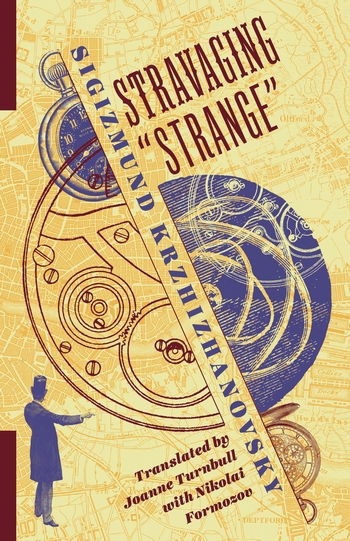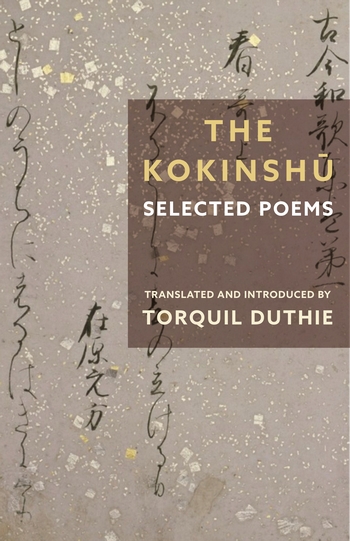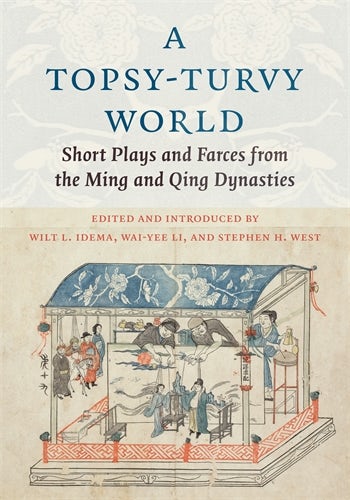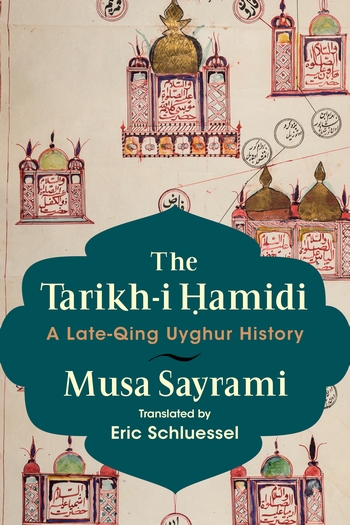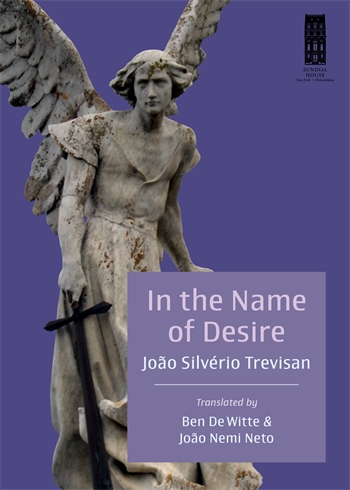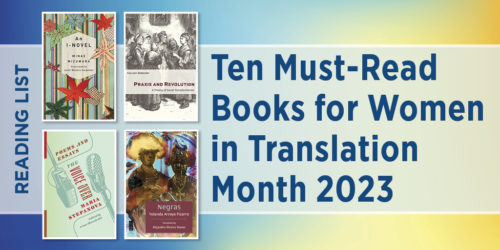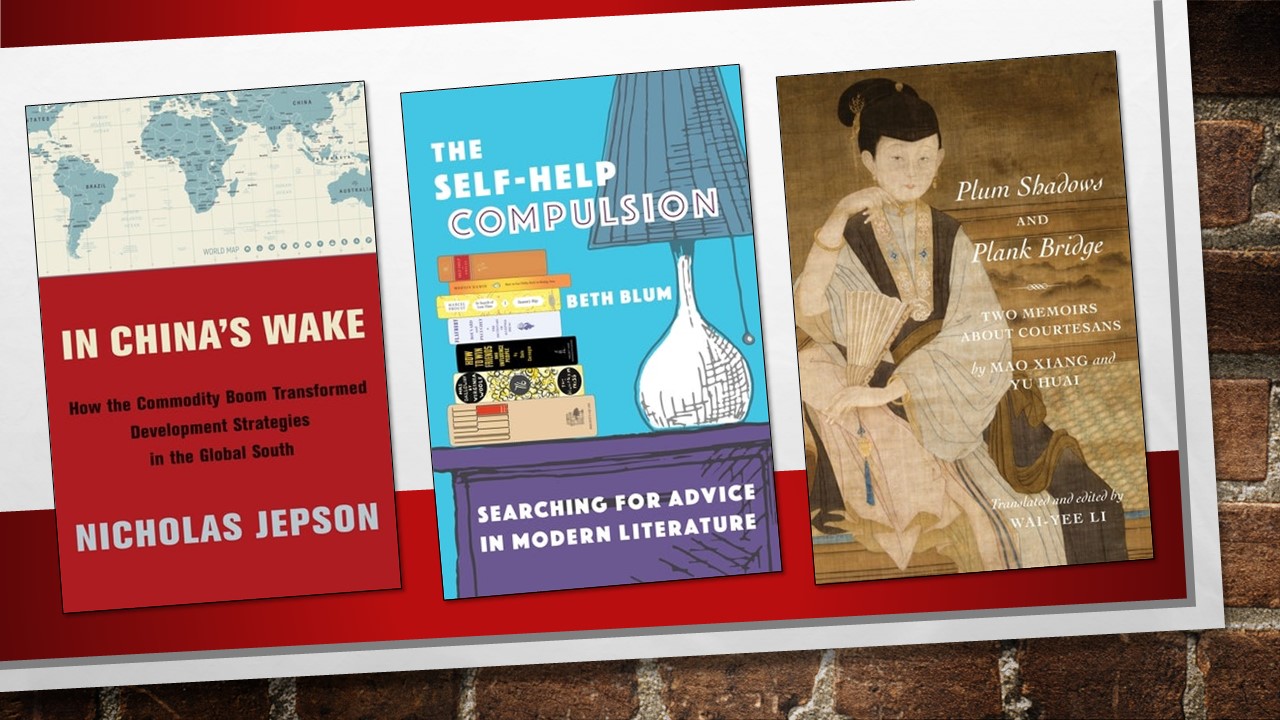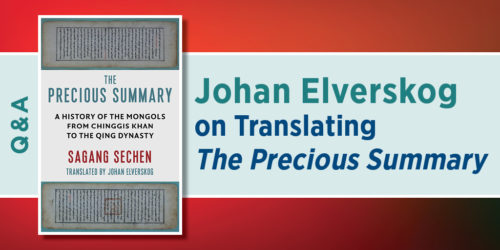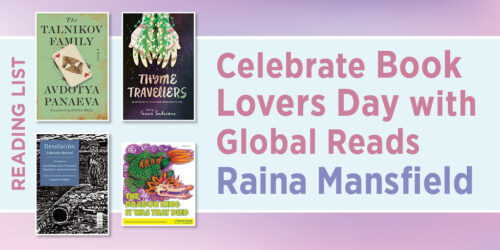Eleven Must-Read Books for Translation Month 2023
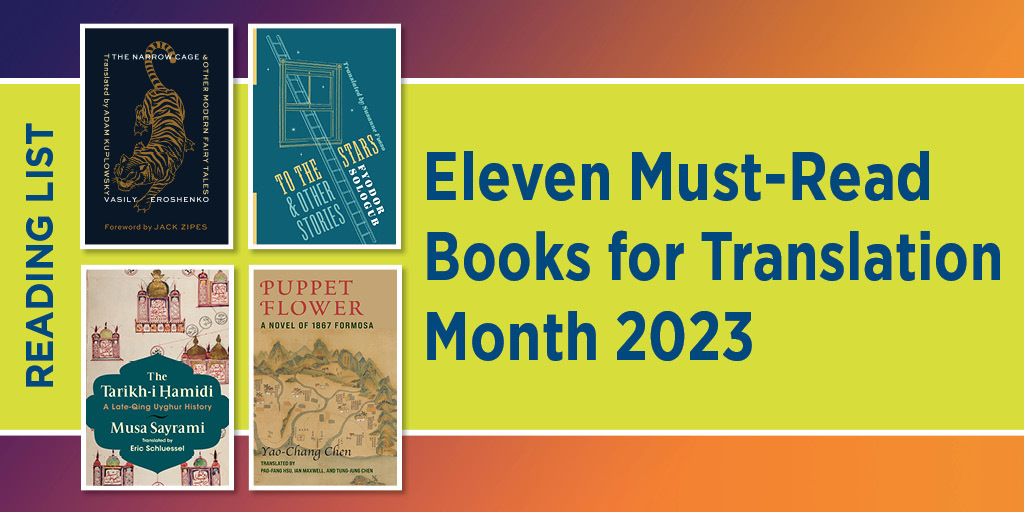
September marks National Translation Month, a time to appreciate literature penned in various languages and recognize the intricate art of translating texts into new languages while preserving their essence, tone, and flair. Translators act as gateways, granting us access to global writing that might remain undiscovered otherwise. The books on this list showcase the skill of little-known literary masters, explore real historical phenomena with imaginative twists, and present humor and absurdity.
To the Stars and Other Stories
Fyodor Sologub, translated by Susanne Fusso
To the Stars and Other Stories is a collection of beautifully written stories by Russian author Fyodor Sologub. Recognized as one of the most accomplished literary craftsmen during the final era of imperial Russia, Sologub’s work moves between the traditional and the cutting-edge, distinguishing himself through his adept mastery of both realistic and fantastical narrative styles. Many of Sologub’s narratives involve children who, detached from the adult world, forge a new experience through imaginative curiosity. Through these stories, including “fairy tales” written in childlike language, he unflinchingly examines the unsavory aspects of late imperial Russian society. Read more in a Q&A with Susanne Fusso about translating To the Stars and Other Stories. Delve into the life and craft of this now-obscure figure in Russian literary history in this Q&A with the book’s translator, Susanne Fusso.
Stravaging “Strange”
Sigizmund Krzhizhanovsky, translated by Joanne Turnbull with Nikolai Formozov
Largely unrecognized during his lifetime, Sigizmund Krzhizhanovsky is finally being recognized for his work. Stravaging “Strange” comprises three narratives that epitomize his skill in crafting philosophical, satirical, and lyrical phantasmagorias. This book showcases a sense of humor, absurdism, and creativity unique to Krzhizhanovsky’s writing, alongside excerpts from his personal notebooks and reflections on Krzhizhanovsky’s life by his lifelong companion.
The Narrow Cage and Other Modern Fairy Tales
Vasily Eroshenko, translated by Adam Kuplowsky
Born in imperial Russia, blind writer Vasily Eroshenko achieved fame in Japan for both his social activism and his storytelling. The Narrow Cage and Other Modern Fairy Tales introduces English-speaking readers to a collection of Eroshenko’s stories, which have been translated from Japanese and Esperanto. These stories present a unique take on the fairy tale genre — both imaginative and politically infused. Alongside eighteen fairy tales, the book also features semi-autobiographical pieces and prose poems that capture Eroshenko’s life and the world in which he lived. Discover what the translator, Adam Kuplowsky has to say about the significance of these tales today in this Q&A.
The Kokinshū
Selected Poems
Translated and introduced by Torquil Duthie
The Kokinshū, a compilation of around eleven hundred poems put together during the tenth century, was revered as the cornerstone of the Japanese vernacular poetic legacy since its completion in the nineteenth century. This book presents an assortment of around one-third of the anthology translated into English. Torquil Duthie’s focus lies in faithfully conveying the poetic essence of the Kokinshū as a unified entity, allowing readers to grasp and experience how its poems harmonize to construct a literary universe. He underscores the fact that classical Japanese poems are not isolated artifacts but rather engage in an ongoing intertextual dialogue. The book features translated versions and insightful interpretations of the two prefaces to the Kokinshū as well as analytical essays that delve into various facets of the anthology and its historical context. Read more about how translator Torquil Duthie uses rhythm to show the relationship within the poetic text in this piece.
A Topsy-Turvy World
Short Plays and Farces from the Ming and Qing Dynasties
Edited and introduced by Wilt L. Idema, Wai-yee Li, and Stephen H. West
A Topsy-Turvy World presents English translations of shorter sixteenth-to-eighteenth-century plays, spotlighting a lesser-known side of Chinese drama. Satirical and often earthy, these mostly one-act plays depict deceit, dissembling, reversed gender roles, and sudden upending of fortunes. With zest and humor, they portray henpecked husbands, supercilious and lustful monks, all-too-human sage kings, disgruntled officials, and overreaching young scholars. These plays provide a glimpse of Chinese daily life and mores even as they question or subvert the boundaries of social, moral, and political order.
The Precious Summary
A History of the Mongols from Chinggis Khan to the Qing Dynasty
Sagang Sechen, translated by Johan Elverskog
Composed by Sagang Sechen in 1662, shortly after the Mongols had submitted to the Qing dynasty, The Precious Summary documents pivotal events including the downfall of the Yuan dynasty in China, the conflicts between the Mongols and the Oirats, and the resurgence of Mongol influence under the rule of Dayan Khan during the sixteenth century. Enriched with extensive and comprehensible annotations, along with contextual explanations of history, Johan Elverskog’s translation provides insight into Inner Asian and Chinese history, Mongolian historiography, and the historical progression of Buddhism in the Asian continent. Find out what this work reveals about the Sino-Mongol relationship and Mongolian culture and society during this period in this Q&A.
The Tarikh-i Ḥamidi
A Late-Qing Uyghur History
Musa Sayrami, translated by Eric Schluessel
The Tarikh-i Hamidi is a sweeping and poignant historical account from Xinjiang, a region in northwest China and the ancestral home of the Uyghur community. This book narrates a significant uprising initiated by the Muslim-majority population of Xinjiang against the dominion of the Qing empire centered in China, written by a participant of the rebellion — Musa Sayrami. Sayrami uses traditional Islamic scholarship to analyze the relationship between Qing and Islamic power, developing an incisive argument about politics and empire. Read a piece by Eric Schluessel on our blog. Read more about Sayrami’s critical perspective on Chinese rule during the nineteenth century, the complex relationship between the Uyghurs and the Qing Empire, and the evolving political landscape of the time, in this essay by the book’s translator, Eric Schluessel.
Puppet Flower
A Novel of 1867 Formosa
Yao-Chang Chen, translated by Pao-fang Hsu, Ian Maxwell, and Tung-jung Chen
Yao-Chang Chen’s historical novel Puppet Flower revisits the 1867 Rover incident, in which an American merchant ship sank off the coast of southern Taiwan, shedding light on its pivotal significance within Taiwanese history. This novel weaves together historical and imagined stories, skillfully reconstructing late-nineteenth-century southern Taiwanese society to paint a vivid picture of the daily struggles for survival faced by the local populace. The novel delves into the intricate dynamics of Sino-American and Sino-indigenous relationships, underscoring the profound role of Taiwanese indigenous cultures in shaping the island’s history. Read more about the history of Taiwan in this blog post by the book’s author.
Distributed by Columbia University Press
Ice for Martians
Hielo para marcianos, second edition
Claudia Ulloa Donoso, translated by Lily Meyer
Ice for Martians is a collection of stories by Peruvian author Claudia Ulloa Donoso, showcasing Donoso’s talent for writing characters that are frequently alienated—geographically or socially. The stories in Ice for Martians explore the terror of abusive relationship dynamics, adolescent sexual awakening, and more. In this piece, Lily Meyer explores Donoso’s talent in creating characters who navigate alienation, finding both humor and depth, and how translating her work can be a challenging yet rewarding experience.
In the Name of Desire
A Novel, second edition
João Silvério Trevisan, translated by Ben De Witte and João Nemi Neto
In the Name of Desire stands as a significant Brazilian novel in the gay literary landscape. Originally published in Portuguese during the 1980s, this book follows the memories of a man who goes back to the seminary he attended as a kid. This visit, thirty years after his departure, stirs up strong recollections of his time there — he remembers his first love, discovering his own homosexual desires, the intense rituals of the Catholic faith, and the challenges he faced from fellow students and priests. As he roams the seminary once more, his memories wander through the halls, creating a narrative that’s a mix of sacred and everyday life. Discover how this evocative novel subtly addresses homosexuality and draws from religious and poetic texts to celebrate its potency of desire in this guest piece by Ben De Witte.
Desolación
Centennial edition
Gabriela Mistral, translated by Alejandra C. Quintana Arocho, Inés Bellina, and Anne Freeland
Sundial House’s centennial re-edition of Gabriela Mistral’s Desolación places a new force behind the century-old anthology. This edition provides a bilingual look into the life of Mistral, the first Latin American to receive the Nobel Prize in Literature, at the very beginning of her career as an author. Read about the challenges Alejandra C. Quintana Arocho considered when translating the text and why the translators focused on unveiling Mistral’s radical use of poetic language, the female gaze, and sensorial experiences.
These stories, coming from various corners of the world, present different perspectives that would not be available to English-speaking readers without the important work of the translator. Read about more books in translation on our blog.
Categories:National Translation MonthReading ListSundial HouseTranslation
Tags:A Topsy-Turvy WorldAdam KuplowskyAlejandra C. Quintana ArochoAlejandro Álvarez NievesAnne FreelandBen De Witteby Pao-fang HsuClaudia Ulloa DonosoDesolaciónEric SchluesselFyodor SologubGabriela MistralIan MaxwellIce for MartiansIn the Name of DesireInés BellinaJoanne TurnbullJoão Nemi NetoJoão Silvério TrevisanJohan ElverskogLily MeyerMusa SayramiNikolai FormozovNTM2023Puppet FlowerSagang SechenSigizmund KrzhizhanovskyStephen H. WestStravaging "Strange"Sundial HouseSusanne FussoThe KokinshūThe Narrow Cage and Other Modern Fairy TalesThe Precious SummaryThe Tarikh-i ḤamidiTo the Stars and Other StoriesTorquil DuthieTung-jung ChenVasily EroshenkoWai-yee LiWilt L. IdemaYao-Chang Chen


